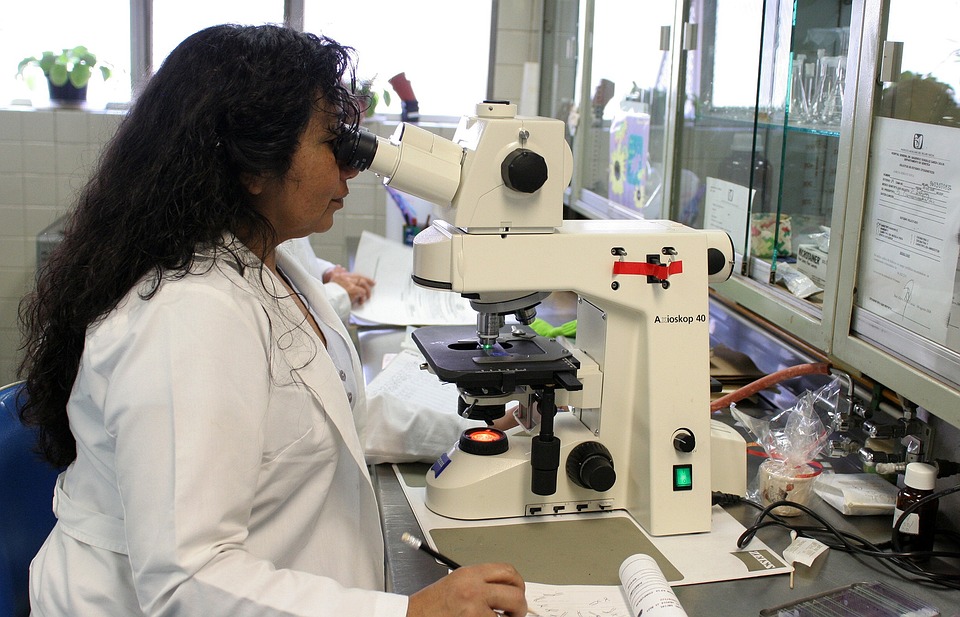Apr 6
2023
Navigating the Process For Requesting Investigational Medicines

Investigational medicines are drugs or treatments not approved by the U.S. Food and Drug Administration (FDA) for use in the general population. For many patients, especially those with serious illnesses or conditions, these investigational medicines can offer hope when other treatments have failed or are unavailable. However, navigating the process of requesting an investigational medicine can be complicated and intimidating, but it doesn’t have to be. Here is a step-by-step guide to help you understand what you need to know before submitting an application for an investigational medicine.
Understand Your Rights as a Patient
According to the FDA, every patient has the right to access experimental treatments if they meet certain criteria and their doctor agrees it is appropriate for them. It is important to note that while your doctor may agree that an investigational medicine may benefit you, they may not be able to get it approved by the FDA or insurance company due to medical necessity criteria or budget constraints. As such, you need to understand your options before deciding whether or not to pursue investigational medicines.
Research Clinical Trials and Compassionate Use Programs
The most important step is to research clinical trials and compassionate use programs that might be available to you. Many websites, such as ClinicalTrials.gov or Drugs@FDA, provide information on current and upcoming clinical trials related to your condition. If you qualify for a clinical trial, contact the study coordinator on the website to inquire further.
Suppose there are no suitable clinical trials available. In that case, you should explore compassionate use programs offered by pharmaceutical companies or doctors approved by the FDA to give expanded access to drugs outside of clinical trials. Contacting these entities directly is often necessary to gain access if no other options are available.
Speak with Your Doctor or Healthcare Provider
Your doctor can provide additional insights into which options make sense for your particular situation and any associated risks or benefits. Additionally, if your doctor isn’t aware of any compassionate use programs or expanded access options that might be available for your condition, they can reach out directly to pharmaceutical companies or other organizations on your behalf to find out more information.
Submit an Application
Depending on where you are accessing the drug and what type of program it falls under. This step may require compiling relevant medical records documents and providing detailed personal information. You should also expect to answer questions about why this drug is being requested and what other treatments have been tried. Providing detailed answers here will help ensure that your application receives proper review by those reviewing it before approving or denying said request.
Requesting investigational medicines can be a complicated process; however, having a clear understanding of each step involved can save time and energy when trying to secure access for yourself or someone else who needs it desperately. When beginning this journey, research available clinical trials or compassionate use programs. Speaking with one’s doctor should always come next to get all pertinent information before submitting an application if necessary. With these steps clearly outlined above. Hopefully, this process will be easier than ever.
Great article on navigating the process for requesting investigational medicines! It’s crucial for patients to understand the steps involved and the importance of following the proper channels to access investigational medicines. As you mentioned, seeking guidance from healthcare professionals, understanding the regulatory requirements, and being aware of the risks and benefits are all crucial aspects of this process. Patient advocacy and awareness are key in advocating for access to potentially life-saving treatments. Kudos to the author for shedding light on this important topic! #investigationalmedicines #patientadvocacy #healthcareawareness